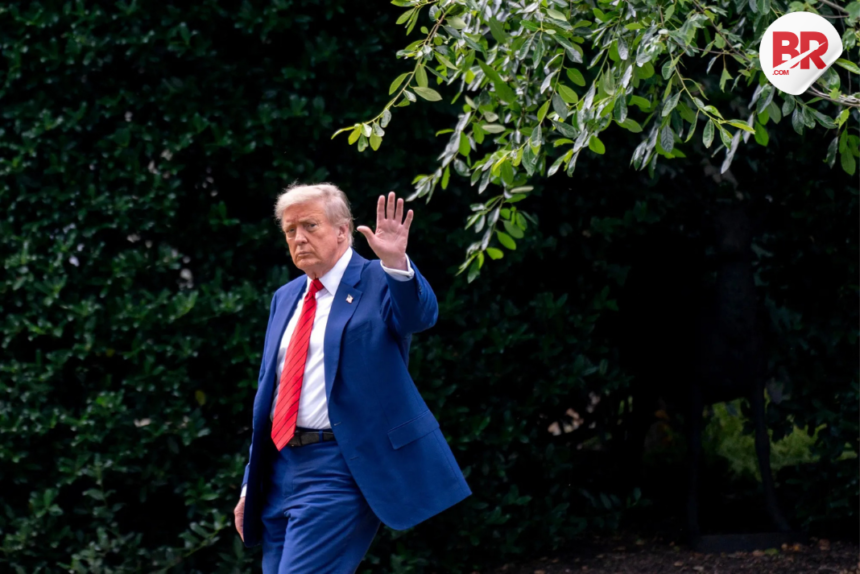
Harvard is finally inching toward a historic deal with the Trump administration after months of high-stakes drama, lawsuits, and funding freezes.
In what former President Donald Trump called a “mindbogglingly historic” move, the two sides may announce an agreement as soon as next week. If that happens, it could end a bitter standoff that’s shaken one of America’s top universities to its core.

The Fight Over Funding and Freedom
This battle started when Trump accused top U.S. universities, especially Harvard, of promoting antisemitism and liberal bias. In response, his administration cut over $2.6 billion in research funding and tried to block Harvard from enrolling foreign students. It even threatened to strip the school of its tax-exempt status.
Harvard fought back hard. The university filed lawsuits, claiming Trump’s actions were unconstitutional and harmful to academic freedom. In court documents, Harvard argued the administration was punishing it for speaking out.
A federal judge sided with Harvard—at least for now. The court allowed foreign student enrollment to continue while the legal fight goes on. But that hasn’t erased the uncertainty.
A Possible Turning Point
Trump’s recent posts on Truth Social struck a different tone. He praised Harvard’s attitude in ongoing talks and hinted that a major settlement could be close.
“If a settlement is made on the basis that is currently being discussed, it will be mindbogglingly historic and very good for our country,” Trump said.
Education Secretary Linda McMahon echoed that optimism. She said progress was being made and suggested a consent decree—a legally binding agreement—might be used to seal the deal.
Fallout on Campus
In the meantime, Harvard is hurting. The funding freeze stalled crucial research, including work on cancer and AIDS. Some hospital research projects in Boston, which are tied to Harvard, had to shut down. Layoffs followed.
To keep things moving, Harvard pledged $250 million of its own money to support research. But the uncertainty has hit hard—especially for the university’s 6,800 international students, who make up 27% of the student body. Many still face visa delays and legal chaos.
What’s Next?
The next big legal test comes on July 21, when a judge hears arguments on the funding cuts. Until then, Harvard, along with support from 24 other universities and thousands of alumni, continues its battle.
But if this new deal goes through, it could mark a dramatic turning point—not just for Harvard, but for how universities across the U.S. deal with political pressure.
Also Read Pakistan Nominates Donald Trump for ‘Nobel Peace Prize’ for Averting War with India












